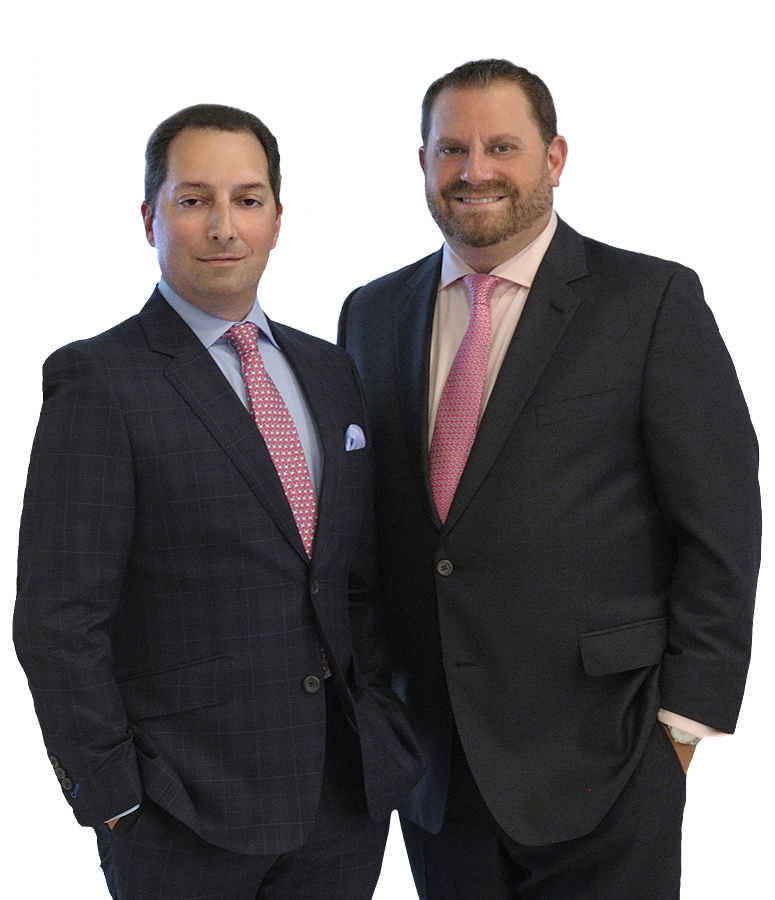KNOW YOUR LEGAL RIGHTS

























Joseph A. Fitapelli is a partner at Fitapelli & Schaffer whose nationally recognized practice is dedicated to the litigation of large scale class and collective actions for violations of employee and consumer rights. He has consistently achieved top results for his clients in a variety of different industries.
Brian Schaffer is a partner at Fitapelli & Schaffer who is widely recognized as being among the top employment lawyers in the country. An aggressive litigator, he handles class and collective actions for employees as well as consumers.

Fitapelli & Schaffer, LLC. has been recognized as one of the top employment lawfirms by SuperLawyers magazine for five consecutive years. Our cases have been featured by and covered regularly in the news and media.





CONTACT US TODAY AT (212) 300-0375 OR FILL OUT THE FORM BELOW FOR A FREE CONSULTATION
This web site is designed for general information only. The information presented at this site should not be construed to be formal legal advice nor the formation of a lawyer/client relationship.
Please do not send documents or include any confidential or sensitive information in this form. This form sends information by non-encrypted e-mail which is not secure.
Submitting this form does not create a lawyer/client relationship.
Do you agree with the terms?
AGREEDISAGREE